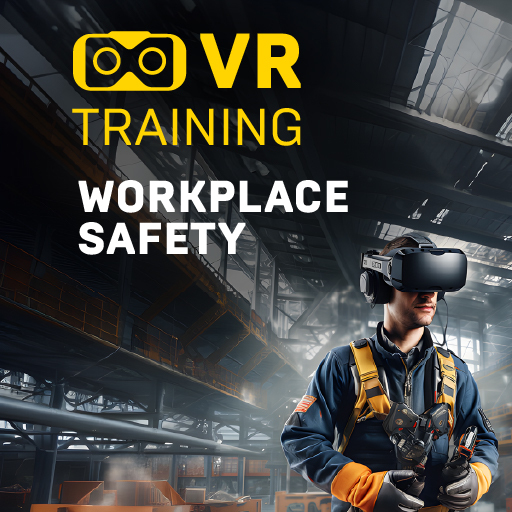
Revolutionizing Insurance Education: Virtual Reality Training Programs
The insurance industry is undergoing a transformative shift in education, thanks to the integration of Virtual Reality (VR) training programs. This article explores how Virtual Reality is reshaping insurance education, offering immersive and effective training experiences for industry professionals.
The Immersive Learning Experience: Stepping into Virtual Worlds
Virtual Reality Insurance Training Programs create an immersive learning experience that goes beyond traditional methods. Participants step into virtual worlds where they can interact with simulated scenarios, gaining practical insights and honing their skills in a controlled and engaging environment. This level of immersion enhances the learning process, making it more memorable and impactful.
Simulating Real-Life Insurance Scenarios: Practical Skill Development
One of the key advantages of VR training programs is their ability to simulate real-life insurance scenarios. Whether it’s assessing a claim, interacting with clients, or navigating complex policy situations, participants can experience a wide range of scenarios. This practical skill development is invaluable for insurance professionals, allowing them to apply their knowledge in lifelike situations.
Enhancing Decision-Making Skills: Interactive and Dynamic Learning
Virtual Reality enables interactive and dynamic learning experiences that challenge participants to make decisions in real-time. These programs can replicate high-pressure situations, allowing professionals to develop and refine their decision-making skills. The ability to practice and learn from mistakes in a risk-free virtual environment is a powerful tool for improving overall competence.
Increased Engagement and Retention: Breaking the Monotony
Traditional training methods can sometimes become monotonous, leading to decreased engagement and retention. Virtual Reality injects an element of excitement and novelty into insurance education. The interactive nature of VR programs captures the participants’ attention, fostering higher levels of engagement and improving information retention compared to conventional training methods.
Adaptable Training Modules: Tailoring Learning Experiences
Virtual Reality Insurance Training Programs offer flexibility through adaptable training modules. Whether it’s adapting to changes in regulations, introducing new product lines, or addressing specific skill gaps within a team, VR allows for the creation of tailored learning experiences. This adaptability ensures that training remains relevant and up-to-date in a rapidly evolving insurance landscape.
Cost-Effective Training Solutions: Reducing Resource Expenditure
While the initial setup of VR training programs may involve an investment, they prove to be cost-effective in the long run. Virtual Reality eliminates the need for physical training spaces, printed materials, and travel expenses. Participants can access immersive training experiences from anywhere, reducing resource expenditure for both individuals and organizations.
To learn more about the transformative impact of Virtual Reality on insurance education, click here. This link provides additional insights into how VR training programs are reshaping the learning landscape for insurance professionals, offering a glimpse into the future of immersive education.
Conclusion: The Future of Insurance Education Unveiled
In conclusion, Virtual Reality Insurance Training Programs are ushering in a new era of education for the insurance industry. The immersive learning experiences, practical skill development, and dynamic decision-making simulations contribute to a more effective and engaging training environment. As technology continues to advance, the integration of Virtual Reality promises a future where insurance professionals are equipped with the skills and knowledge needed to navigate the complexities of the industry with confidence.


